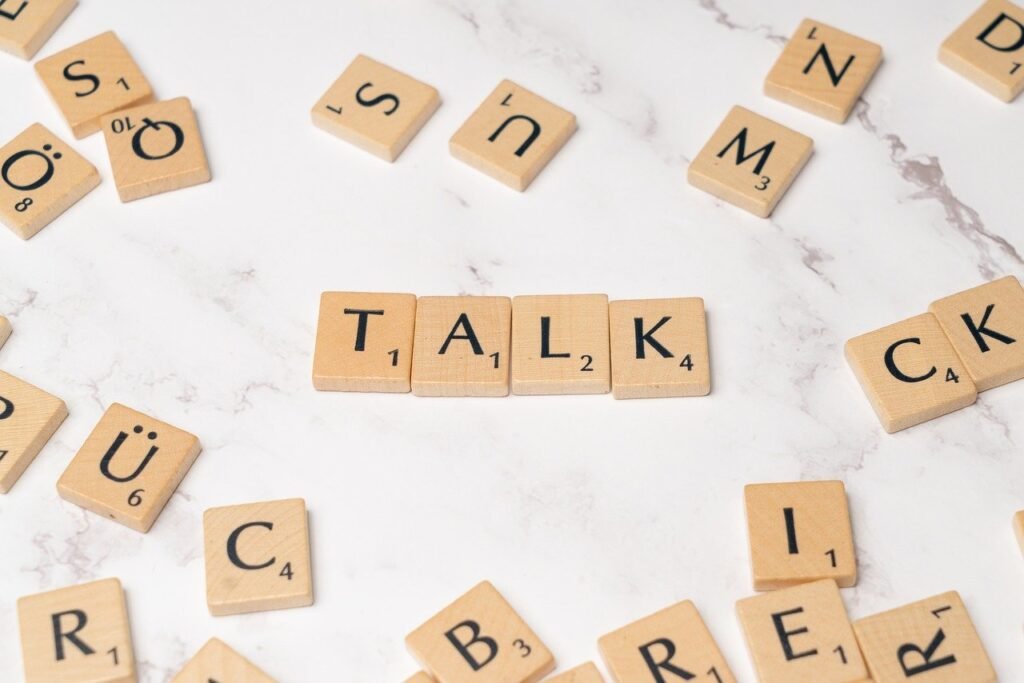

Before we crack the ‘parent’s or parents’ code, let’s take a moment to understand the mighty apostrophe, which might look small, but plays a huge role in English grammar. An apostrophe is a punctuation mark that wears two hats in English grammar. First, it acts like a beacon, showing the way to ownership or possession.
Let’s say we have the sentence ‘This is Mary’s book‘. Here, the apostrophe is showing that the book belongs to Mary. It’s her book, her possession, and the apostrophe makes that clear.
Second, the apostrophe is like a magician, making things disappear, and in their place, leaving a little mark. This trick is used in contractions, where the apostrophe is used to indicate omitted letters. Take the word ‘don’t’, for instance. Here, the apostrophe stands in for the missing ‘o’ from ‘do not’.
So now, armed with the knowledge of the role of the apostrophe in indicating ownership and in contractions, let’s march ahead to solve the ‘parent’s or parents’ puzzle! 🎯
‘Parent’s’ or ‘Parents’: What’s the Difference?
Let’s delve deeper into the distinction between ‘parent’s’ and ‘parents’. When we use ‘parent’s’, we’re indicating something owned by one single parent. Think of it as an umbrella that belongs to your mother or father. The apostrophe here is being a signpost, pointing out that the umbrella is a possession of one of your parents.
Conversely, ‘parents’ refers to more than one parent but does not signal any ownership. It’s a plural term, nothing more. For example, when you say, ‘My parents are coming to town’, you’re simply referring to both your mum and dad, without any mention of possessions. So, remember, ‘parent’s’ when you’re talking about one parent and something they own, and ‘parents’ when you’re referring to your mother and father together, without any implication of ownership. Let’s keep unravelling this linguistic labyrinth!
Suggested: Upside of Being Down
Navigating Through Them
Let’s continue our adventure in the realm of ‘parents’ or ‘parent’s’. If you’re speaking about something that’s owned by both your mother and father, the word ‘parents’’ should be your go-to choice. Picture this, you’re heading to your folks’ place for dinner. How would you put it? Right, you’d say, ‘I’m popping over to my parents’ house for dinner.’
Notice the apostrophe after the ‘s’? That’s crucial. It signifies that the house is a shared possession of both your parents. The apostrophe here, in a way, is throwing a spotlight on the joint ownership. So, remember, when something belongs to both your mum and dad, the apostrophe neatly fits right after the ‘s’ in ‘parents’. It’s these subtle nuances that make English an enchanting language, isn’t it? Now, let’s soldier on!
Suggested: 7 Signs You Hate Yourself
The Case of ‘Parents or Parent’s’, ‘Parent’s or Parents’
Trudging further into the labyrinth of ‘parents or parent’s’ and ‘parent’s or parents’, let’s cast some light on when to use these phrases. It’s not as tricky as it seems, promise! The key here is context and, of course, our tiny yet powerful friend, the apostrophe. If we’re discussing something that is owned by a single parent, we unlock the situation with ‘parent’s’. Picture this sentence, ‘I stumbled upon my parent’s old photo album’. The album belongs to one parent, hence ‘parent’s’ is the perfect fit.
On the flip side, when you’re talking about both your parents, minus any possessions, ‘parents’ is your go-to word. A good example would be, ‘My parents are dropping by for lunch’. Here, you’re merely referring to your mum and dad visiting you, no ownership implied. So, in essence, ‘parent’s’ is used when a belonging of one parent is in the picture, while ‘parents’ is your word of choice when talking about your mother and father together, minus any hints of possessions. See, it’s as simple as a pie! Let’s continue our journey.
‘Parent’s or Parents’ Evening: Which is Correct?
Let’s address this head-on: ‘Parents’ evening or ‘parent’s evening’? It’s time to iron out this crease. In this context, we use ‘parents’ evening’. Why, you ask? It’s simple.
This event is designed for all parents, not just a singular parent. Therefore, the event does not signify ownership by the parents, making it a non-possessive case. It’s like inviting all parents to an event dedicated to them. Hence, ‘parent’s evening’ would be incorrect. So, let’s remember this: when it’s an evening for all parents, we say ‘parents’ evening’. Clear as crystal, isn’t it? Let’s keep up the pace as we decode more such dilemmas!
So, ‘Parents or Parent’?
To wrap it all up, choosing between ‘parents or parent’ ultimately hinges on the context and how many people you’re referring to. When you’re talking about a single mother or father, ‘parent’ fits the bill. But, if you’re bringing both into the conversation, ‘parents’ is your go-to word. The trusty apostrophe steps in when you need to highlight possession.
So, ‘parent’s’ should be used for something belonging to one parent, and ‘parents’’ when the item is jointly owned by both. With these pointers, the conundrum of ‘parent’s or parents’ is finally decoded! 🎖️
